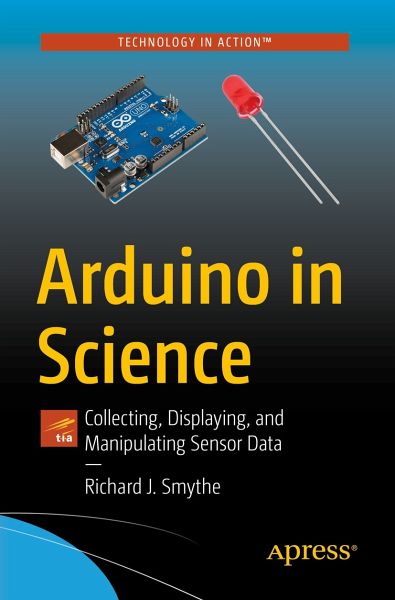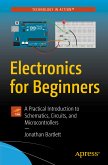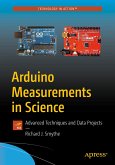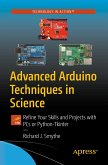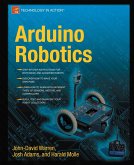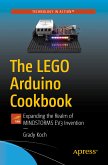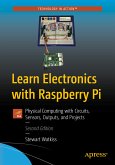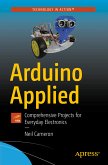It's a simple question, but do you know how to take basic measurements with your Arduino, Raspberry Pi or PC? A lot of the times, you know how to use microcontrollers, sensors, and programming skills to collect data. This book takes it one step further to teach you how to transform your PC, Raspberry Pi, and Arduino to a device that can measure, collect, and analyze data.
You'll begin from a simple starting point reviewing the basics of electronics and digital and analog concepts. As you advance through this book, you'll work through 10 exercises to develop a working knowledge of microcontroller properties and graphical data presentation concepts, basic electronic technology, and the fundamentals of controlling and acquiring data.
Arduino in Science is your guide to monitoring and measuring physical - chemical parameters with integrated circuitry and physical computational systems.
You will:
- Review fundamental human machine interfacing with supervisory control and data acquisition software
- Examine timing, counting, and serial communication concepts
- Adapt microcontrollers to perform sophisticated functions
- Understand collection and presentation of data
Dieser Download kann aus rechtlichen Gründen nur mit Rechnungsadresse in A, B, BG, CY, CZ, D, DK, EW, E, FIN, F, GR, HR, H, IRL, I, LT, L, LR, M, NL, PL, P, R, S, SLO, SK ausgeliefert werden.
Hinweis: Dieser Artikel kann nur an eine deutsche Lieferadresse ausgeliefert werden.

